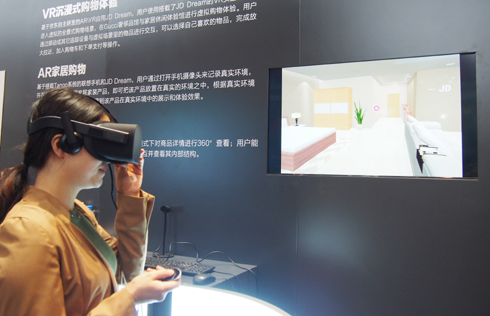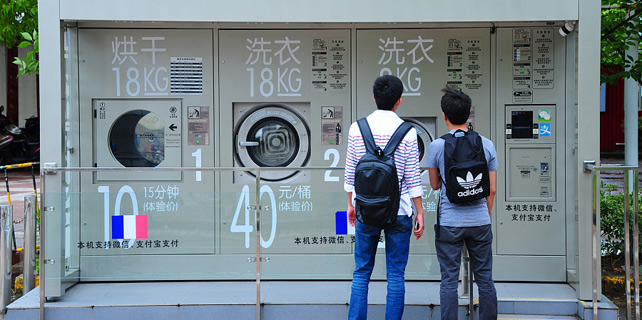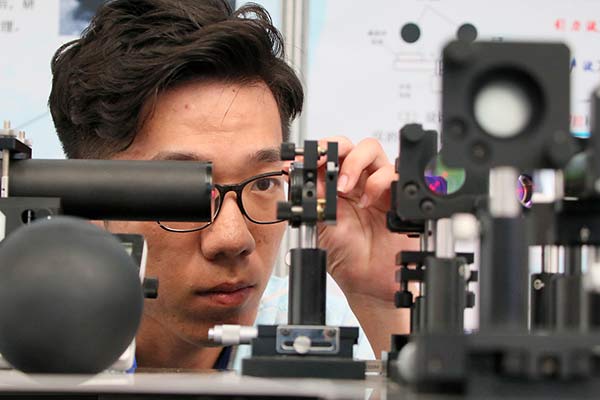

The success of China's economic reform should be achieved by concerted efforts made by both market forces and the government, he said.
Recent economic data were soft. China's economic growth slowed in the first quarter to 7.7 percent. The HSBC purchasing managers' index for May fell to 49.6, the first contraction since October.
Some economists have lowered their growth outlook for the year but most still think the 7.5 percent, growth target by the government this year is within reach.
Policymakers are under pressure to restructure the economy and improve people's well-being by addressing a slew of issues ranging from air pollution to overcapacity and local government debt.
The government may show more tolerance to slower expansion to solve problems such as environmental deterioration.
Economists have said the new leadership is working on a package involving economic and financial reforms and major decisions are expected to be made at a Party meeting in October.
"A reform roadmap covering all aspects is not feasible," said Hua, adding the roadmap should come with tangible targets and clear breakthrough points.
The most critical challenges facing the economy are to upgrade its industrial operations, adjust its economic structure and reduce redundant capabilities. The problems can only be addressed through mergers and reorganization by leveraging the capital market. Administrative interventions will be ineffective.
At the same time, the government should prioritize pricing reform of critical energy and resource products. The overcapacity problem has taken its toll on China's economy. But given the low electricity price, it's difficult for the government to resolve the issue.
 China Post issues stamps to celebrate Children's Day
China Post issues stamps to celebrate Children's Day
 Live streaming boosts zongzi sales
Live streaming boosts zongzi sales
 Big Data Expo opens
Big Data Expo opens
 Smart sharing washing machines available in Shanghai
Smart sharing washing machines available in Shanghai
 Innovative designs highlight industrial design week
Innovative designs highlight industrial design week
 Smart tech to shake up delivery industry
Smart tech to shake up delivery industry
 Chinese youths showcase innovative talents at tech competition
Chinese youths showcase innovative talents at tech competition
 Butterfly wings to inspire new solar power technology
Butterfly wings to inspire new solar power technology